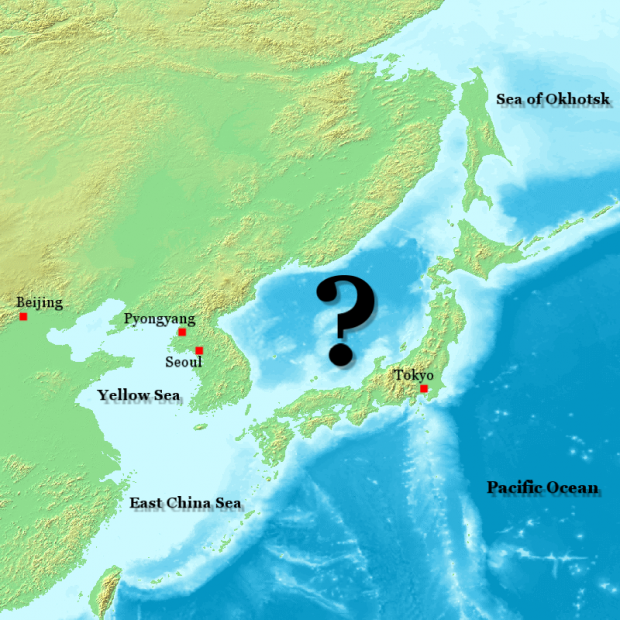Misrepresentation of East Sea
A recent report by Rep. Lee Yang-soo, a member of the National Assembly Agriculture, Food, Rural Affairs, Oceans and Fisheries Committee, showed that some state agencies use incorrect names to represent the East Sea and Dokdo on their websites.
The report by the ruling Saenuri Party lawmaker found that websites of eight organizations affiliated with the Ministry of Oceans and Fisheries were using Sea of Japan on maps on their websites. The organizations include the Ulsan Port Authority, National Maritime Museum, Korea Fisheries Resources Agency, and Korea Marine Environment Management Corporation among others. Their websites were also found to be using Liancourt Rocks for Dokdo, Korea’s easternmost islets that Japan claims sovereignty over.
The reason for the incorrect names of some of these websites is that they were using maps supplied by Google, which uses more internationally recognized territorial names such as Sea of Japan and Liancourt Rocks rather than the Korean names.
It is regrettable that the Ministry of Oceans and Fisheries had not realized the mistakes earlier. After the report, the ministry explained that it had instructed the organizations to correct them. Some organizations like the National Maritime Museum are renovating their websites to replace Google maps with those produced in Korea that use Korean names. The ministry said that it will prepare additional measures to ensure that all of its 178 affiliated organizations undergo checkups to prevent recurrence of similar errors.
The Ministry of Oceans and Fisheries is not the only ministry involved in the misrepresentation of Korean territory and sea. During an exhibition last week, the education ministry was criticized for handing out globes that contained Sea of Japan as souvenirs to participants.
Some municipal governments such as administrations of Gyeonggi Province and the city of Pyeongtaek are also using Sea of Japan on their websites.
The misrepresentation of Korean territory by state agencies undermines the government’s effort to promote the use of Korean names globally. The Korea Culture and Information Service, affiliated with the Ministry of Culture, Sports and Tourism, recently started the “Facts about Korea” service, which is a website where volunteers can report mistakes about Korea detected on foreign websites. But what about the mistakes found on Korean websites and particularly those of state agencies? The government should consider establishing a similar website that can act as a control tower to collect incorrect information about Korean territory at Korea’s central and local governments and their affiliated organizations. The Ministry of the Interior, which has a large department in charge of online government, should take charge of this mission. (The Korea Times – Editorial)

























































